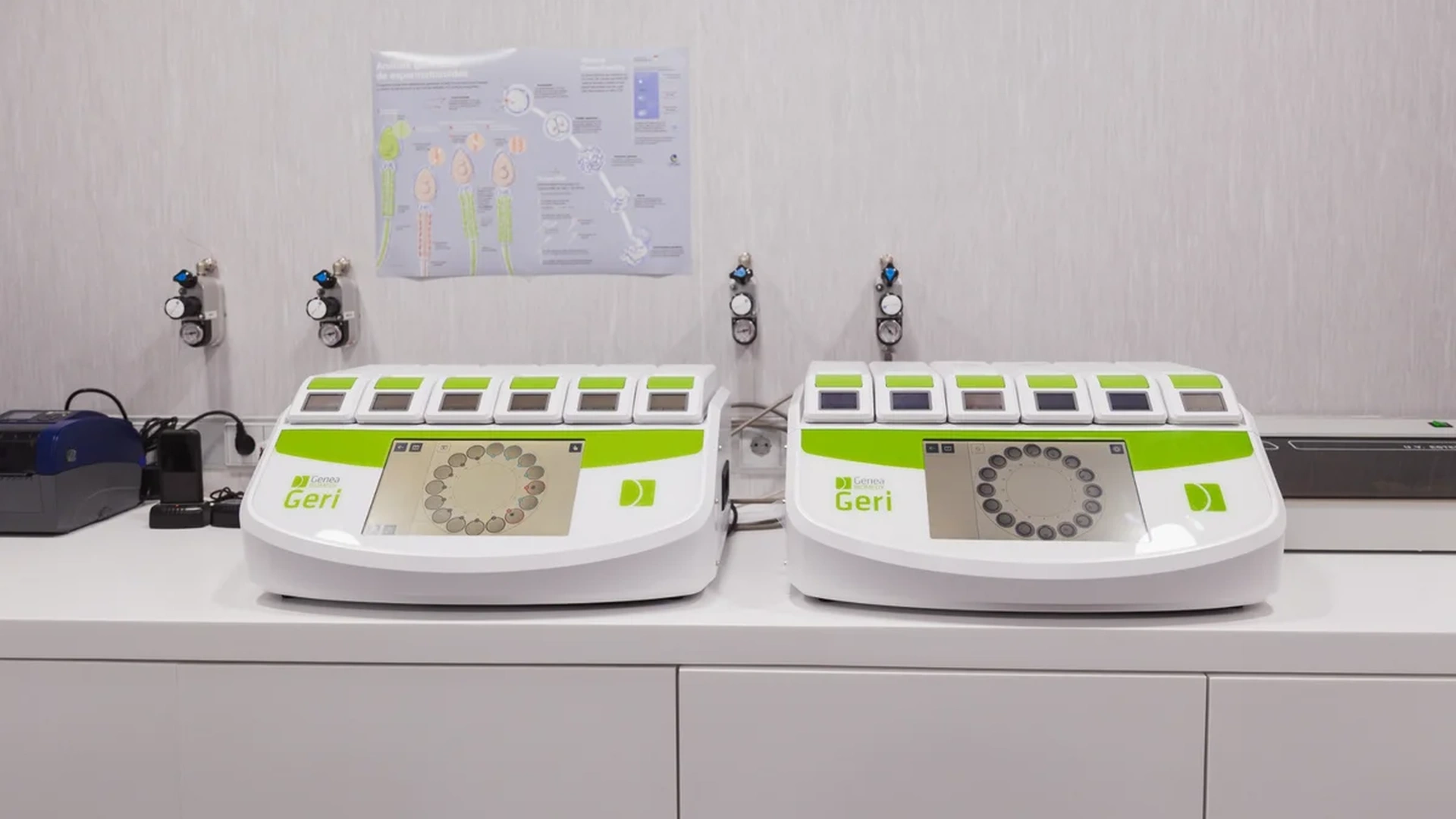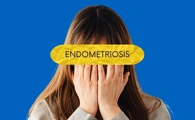

Over the next few weeks, we’ll be sharing a series of videos produced in collaboration with the portal reproduccionasistida.org to answer some of the most common questions we receive from patients starting assisted reproduction treatment.
In today’s video, our embryologist at Fertility Madrid, Víctor Montalvo, explains how many eggs are needed for an in vitro fertilization (IVF) treatment.
Eggs needed for IVF
It isn’t possible to specify a single ideal number of eggs because patients who come to an IVF clinic present a wide variety of profiles. In general, the more eggs obtained, the more material embryologists have to work with, and the greater the chance of having at least one embryo with good morphological characteristics.
Is retrieving three eggs for IVF too few?
While three eggs isn’t a high number, current assisted reproduction techniques allow us to optimize cycles very well, so it’s possible to proceed successfully even with a smaller number of oocytes. In the end, we only need one good-quality embryo to achieve a pregnancy. To help select and culture the best embryo, we use systems such as the GERI time-lapse incubator.
If I get few eggs, is IVF-ICSI better than conventional IVF?
Typically, when few eggs are obtained, we use ICSI (intracytoplasmic sperm injection) because it allows selection of a sperm with good motility and morphology, which is then injected directly into the egg. However, in patients with prior term pregnancies and live births—evidence of normal fertilization—conventional IVF can also be considered.
Is there any way to increase the number of eggs retrieved for IVF?
The number of eggs depends on the patient’s ovarian reserve, assessed by antral follicle count (AFC) or anti-Müllerian hormone (AMH). If a patient has a given reserve, we expect to retrieve oocytes in line with that reserve; we cannot increase that number. What we can do is tailor gonadotropin stimulation to maximize yield within the limits of her reserve and obtain the highest possible number of mature oocytes.
What happens if many eggs are obtained after follicular puncture (egg retrieval)?
Generally, we proceed as usual: process all the oocytes and perform ICSI or conventional IVF on all, then advance with all resulting embryos to select the best one(s). If the number of eggs is excessively high, we may freeze (cryopreserve) a portion and inseminate the rest—this also depends on semen quality. If semen parameters are borderline, microinjecting all eggs may be very time-consuming; in that case, freezing some and proceeding with the remainder can be preferable.
What is done with immature eggs obtained during an IVF cycle?
If, for example, 10 eggs are retrieved and 7 are mature while 3 are immature, only the mature eggs are used for IVF/ICSI. The immature oocytes are discarded.
Book a free consultationDo you have any questions or need more information?
At Fertility Madrid, we specialise in treatments such as egg donation, in vitro fertilisation and artificial insemination, among others.
Please do not hesitate to contact our professionals at our fertility clinic and they will answer all your questions without obligation.




